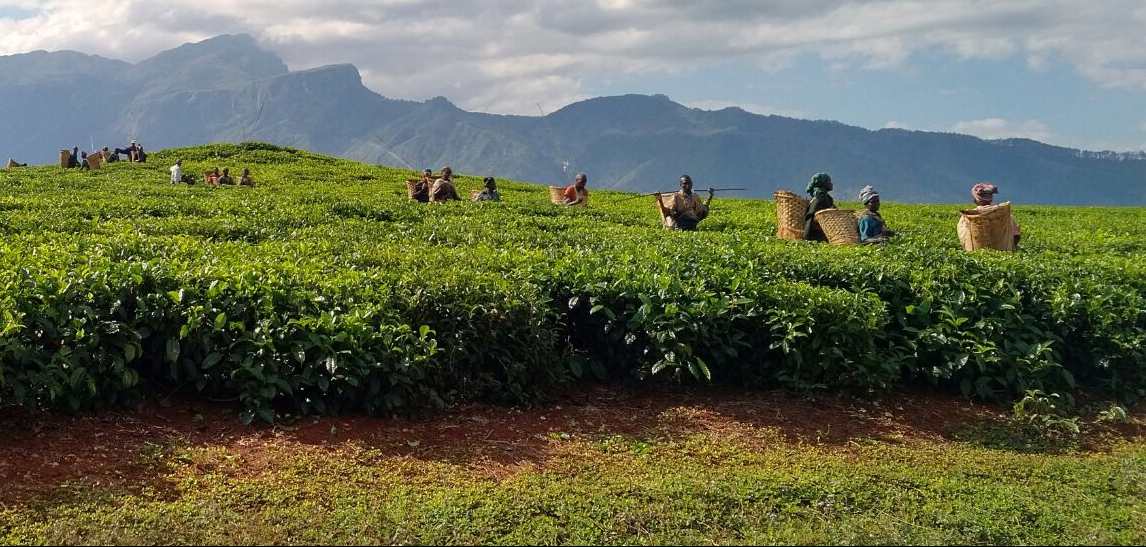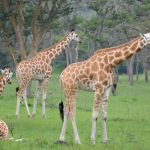Makerere University has initiated a partnership with tea researchers from the National Agriculture Research Organization (NARO) to enhance the training of tea researchers at the Masters and PhD levels. The collaboration also involves Aarhus University in Denmark, aiming to augment expertise in tea research to elevate production levels.
The project launch took place at Makerere University’s Food Science and Technology Department, where Prof Barnabas Nawangwe, the Vice Chancellor, officiated as the chief guest. He emphasized the project’s goal to address the tea yield gap in Uganda. Presently, tea production per hectare stands at two metric tons annually, falling short of the research target of achieving six metric tons per hectare per year.
To achieve this ambitious goal, the strategy involves developing local solutions that make tea resilient to climate change impacts, such as drought. These solutions encompass identifying climate-resilient tea varieties, integrating nitrogen-fixing trees in coffee plantations, and implementing water harvesting and management practices.
Makerere University will complement these efforts by providing capacity building. Specifically, the university plans to train five PhD and five Masters holders dedicated to working on tea-related research. Prof Nawangwe acknowledged the significance of the project, stating, “Tea is a widely consumed beverage globally and is the second-largest export crop in Uganda after coffee. Therefore, research focused on improving tea production is welcomed in the country.”
The Nature-based Solutions for Climate-Resilient Tea Production (NbS4Tea) project, initiated in 2023 and spanning five years, secured funding from Denmark amounting to $1.4 million (approximately sh53.3 billion). Dr Emmanuel Arthur, the Project Principal Investigator based at Aarhus University-Denmark, highlighted the project’s emphasis on finding local solutions to increase production and address issues like low yields, poor quality, and farmer reliance on fertilizers.
Consumer and trader engagement will play a crucial role in the project. By understanding preferences and market demands, the research team aims to develop tea products that can withstand climate changes and meet consumer and trader expectations. Selected students will undergo a unique training approach, spending half a year studying in Denmark and the other half in Uganda.
Sadik Kassim, the Deputy director of NARO in charge of technology promotion, expressed optimism about the project’s potential to enhance expertise in tea research and ensure the availability of quality planting materials.




















